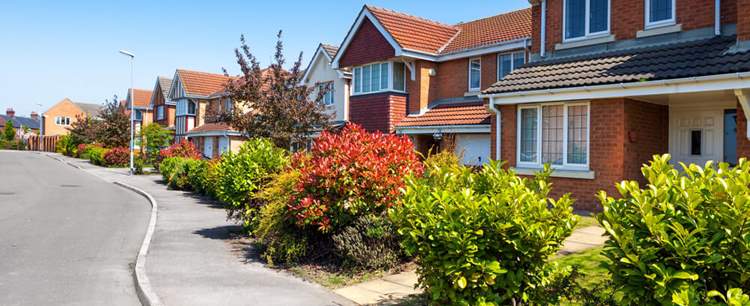When we last wrote about this subject – only five months ago – some 45,000 people had died after being tested positive for Covid-19. That sombre tally has now risen to almost 82,000.
Every one of those deaths is likely to have caused grief and mourning for those close to the deceased. Heaped onto that tragedy is often the stress and heartache of sorting out the affairs of the person who has died – especially if they owned their home or were other property owners.
Changing the name on the home insurance policy
If you are involved in handling the affairs of someone who has died – as an executor or a potential beneficiary, for example – one of the first things to do is to establish who are the insurers of any property they owned and advise the company of the death.
Your advice to the current insurers may ensure that the policy details are updated – with the name on the policy documents changing either to the spouse of the deceased or to the executors of any Will left by the deceased.
Sometimes, the insurer is prepared to make that change of name and allow the existing policy to continue until the policy has run its course or until the process of Probate has been completed – whichever happens first.
In other cases, however, the insurer may insist on cancellation of the existing home insurance cover and refund any outstanding proportion of the insurance premium (typically, minus an administration charge).
Whether any existing cover is allowed to run its course, or a new insurance policy – called probate home insurance – is arranged, it is essential to ensure that the property continues to be safeguarded by suitable insurance cover throughout the process of probate.
Indeed, in the absence of such insurance cover, any executor involved in managing the deceased’s estate will bear unlimited personal liability for any loss or damage to any property included in the estate.
Even if the property becomes empty and no one lives there any longer immediately after the deceased’s death, adequate insurance needs to remain in place to ensure that the asset is still protected. Indeed, if the home is to be left empty for longer than a month or two, it is highly likely that specialist unoccupied property insurance will need to be arranged by the executors throughout the period of probate.
Depending on the probate home insurance you choose, you may find that suitable unoccupied property insurance cover is incorporated into the policy as standard.
Mitigating the risks of loss or damage
Even with probate insurance in place – and any necessary cover for unoccupied property – the executors of the deceased’s Will and estate still need to take all reasonable precautions to mitigate the risk of loss or damage to the property.
Typically, this will involve regular visits to the property – by the executors personally or by a property management company commissioned by them – to check that the building remains in a good state of repair and that any maintenance issues are promptly attended to.
It is not only a question of maintaining the property. Any empty house, of course, is vulnerable to the unwanted attentions of unauthorised intruders such as squatters, vandals, and even arsonists. An article in The Business Magazine identifies some of the additional risks to which an unoccupied property is exposed.
The last thing you want to do is draw attention to the fact that the property is empty and unoccupied. Therefore:
- do not leave the curtains or blinds permanently closed – but open them, too, from time to time;
- ensure that any deliveries are taken off the doorstep and kept inside – by a kindly neighbour, for example;
- keep the garden, its lawn, and any flowerbeds carefully maintained and in trim;
- step up security by fitting higher-quality locks on external doors and windows;
- consider installing motion-detecting lighting at both the front and the rear of the property; and
- speak to a neighbour to see if they are prepared to park their car in the driveway of the empty property from time to time – to give the impression that it is, in fact, occupied.
Home insurance during probate
In the sad event of a loved one dying, and your being left to tackle some of the practical issues involved in settling their affairs, pay particular attention to the insurance on the home the deceased once lived in.
You might be able to get away with a simple change of name on the home insurance policy until Probate has been granted but may also need to arrange alternative cover for the property. Home insurance remains paramount during probate, however, since the costs of putting right any loss or damage are likely to be drawn from the deceased’s estate in the first instance – but the executors are ultimately liable for any such losses.






